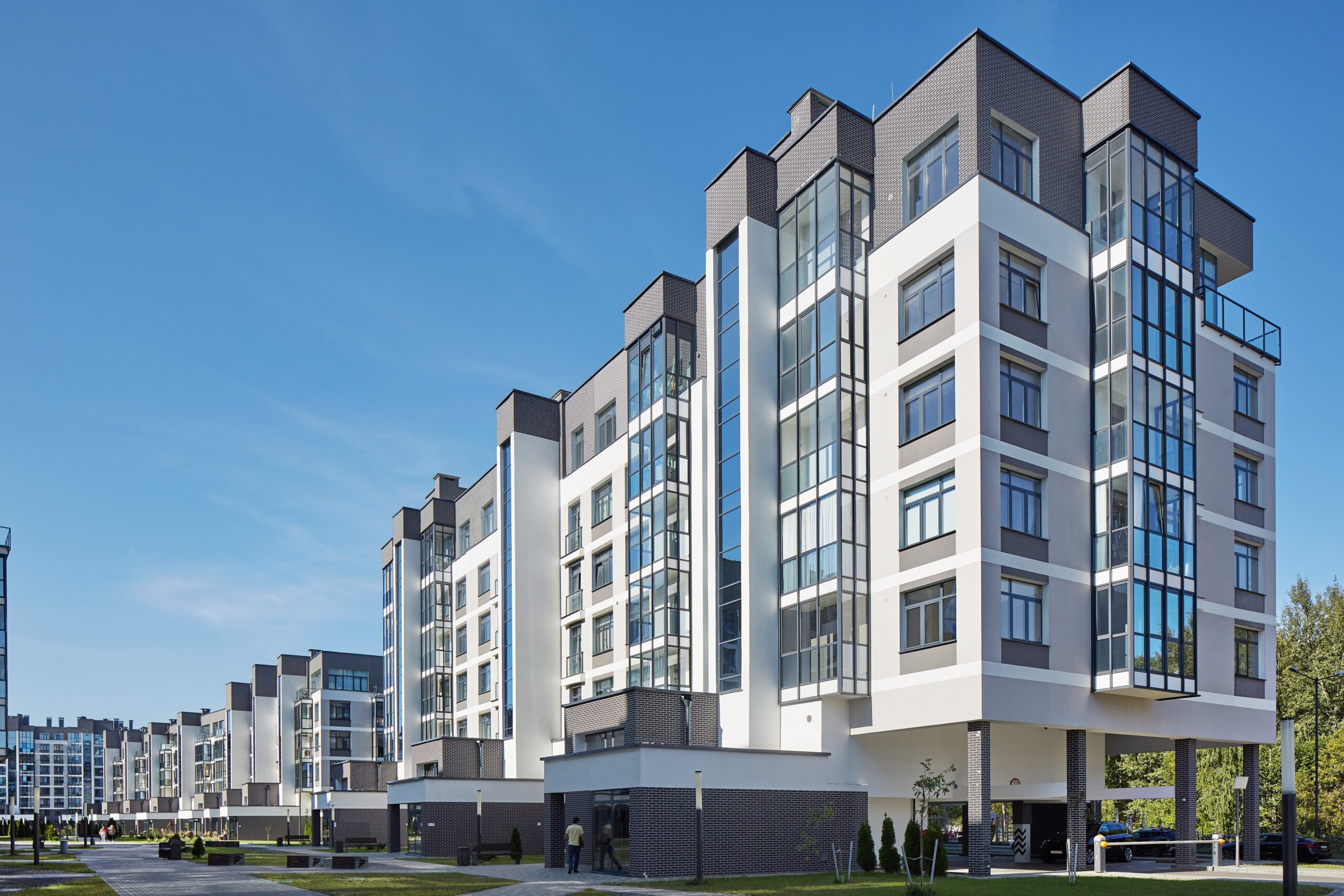Condominium living offers a unique blend of private ownership and shared resources. Those shared resources — the pool, gym, clubhouse — are often a big draw for potential buyers. But shared spaces come with shared responsibilities and, inevitably, the potential for disputes.
At Manning and Meyers, we help Dallas condominium owners and associations navigate the complexities of shared amenity use. Let’s take a closer look at some key legal considerations:
Governing Documents | Your Starting Point
The foundation for any condominium’s operation lies in its governing documents. These are not just dusty old papers; they are legally binding agreements that dictate how the condominium functions. Think of them as the constitution and rulebook for your community.
Declaration of Condominium
This is the core document that establishes the condominium. It defines the boundaries of the property, outlines the individual units and the common elements (including those lovely amenities), and sets the ownership rights associated with each. It’s the blueprint that lays the groundwork for everything else.
Bylaws
Bylaws go beyond the initial setup and delve into the operational details. They establish how the condominium association is structured, how board members are elected, and the procedures for making decisions. Crucially, they also outline how the association will manage and maintain the common elements, including those shared amenities.
Rules and Regulations
These provide the nitty-gritty details on how residents are expected to use shared spaces. Think of them as the code of conduct for the community. They might cover things like pool hours, guest policies, pet restrictions, noise levels, and even parking regulations.
It’s crucial for both residents and associations to be intimately familiar with these documents. They establish the framework for amenity use and provide a basis for resolving disagreements. If there’s ever a question about who is responsible for what, or what is and isn’t allowed, the answer usually lies within these governing documents.
Who Pays? Maintenance and Repair
Maintaining those sparkling pools, well-equipped gyms, and manicured gardens comes at a cost. The governing documents usually spell out how those costs are shared and who is responsible for keeping the amenities in good working order.
Common Expenses
In most cases, the cost of maintaining shared amenities is considered a common expense. This means it’s shared by all unit owners through their regular assessments, those monthly or quarterly fees that keep the condominium running. These common expenses cover things like routine cleaning, landscaping, regular repairs to equipment, and even contributions to a reserve fund for future replacements.
Special Assessments
Sometimes, unexpected expenses pop up. A major storm might damage the pool enclosure, or the gym equipment might reach the end of its life. In these cases, the association may need to levy a special assessment – an additional charge on top of the regular assessments – to cover the costs. These special assessments can sometimes be a source of contention, so it’s important for the association to have a clear process for approving and collecting them.
Damage by a Resident
Accidents happen. A resident might accidentally back their car into a light pole in the parking lot, or their child might throw a rock and break a window in the clubhouse. In these cases, the resident responsible for the damage can be held financially liable for the repairs. This is why it’s important for the association to have adequate insurance and for residents to understand their own responsibility to prevent damage to common property.
Disputes can easily arise over maintenance and repairs. Was that crack in the pool deck caused by normal wear and tear, or was it due to negligence? How long is reasonable for the association to take to fix a broken elevator? Should the cost of repainting the clubhouse be covered by regular assessments or a special assessment? Having clear procedures in the governing documents and open communication between the association and residents can go a long way toward preventing and resolving these kinds of disputes.
Access and Use Restrictions
Shared amenities are meant to be enjoyed by all residents, but that doesn’t mean it’s a free-for-all. The association has a right and a responsibility to establish reasonable rules to ensure that the amenities are used safely, responsibly, and fairly.
Hours of Operation
It’s perfectly reasonable for the association to set specific hours of operation for amenities. The pool might be open from dawn to dusk, the gym might have limited hours on weekends, and the clubhouse might require reservations for private events. These rules help manage noise levels, ensure adequate staffing, and prevent overuse or misuse of the facilities.
Guest Privileges
Many condominiums allow residents to bring guests to enjoy the amenities, but there are often limits. The governing documents or rules might specify how many guests a resident can bring at a time, whether there are any associated fees, and whether guests need to be accompanied by a resident at all times. These rules help prevent overcrowding and ensure that the amenities are primarily for the benefit of the residents themselves.
Age Restrictions
Some amenities might have age restrictions for safety or liability reasons. The pool might have a separate shallow area for young children, or the gym might be restricted to residents over a certain age. These rules should be clearly posted and consistently enforced.
Conduct Rules
To maintain a pleasant and safe environment for everyone, associations often establish rules of conduct for amenity use. These rules might prohibit glass containers by the pool, excessive noise, running in the hallways, or leaving personal belongings unattended. The goal is to promote consideration for fellow residents and prevent damage or injury.
The key is for these rules to be clearly communicated, consistently enforced, and non-discriminatory. Any restrictions must have a legitimate purpose related to the health, safety, and welfare of the residents. Arbitrary or overly restrictive rules can lead to frustration and legal challenges.
Amendments to Rules | The Power to Change
Times change, and so do the needs of a condominium community. The governing documents usually outline a process for amending the rules regarding amenity use. This often involves a vote of the unit owners, ensuring that any changes reflect the will of the community.
Reasonableness
While the association has the power to amend the rules, any changes must be reasonable and not infringe on the rights of unit owners. For example, an amendment that completely banned all guests from the pool might be considered unreasonable, especially if the original governing documents allowed for guests. Similarly, a rule that significantly restricted the hours of access to the gym without a valid reason might be challenged.
Due Process
When making changes to the rules, associations must follow proper procedures. This typically includes providing adequate notice to residents, allowing for a period of comment or feedback, and conducting a vote in accordance with the governing documents. Failing to follow proper procedures can invalidate the amendment and lead to legal challenges.
Dispute Resolution | Finding Common Ground
Even with the best-laid plans and clear rules, disputes related to shared amenities are sometimes unavoidable. A resident might consistently violate the pool rules, or a group of owners might disagree with the association’s decision to renovate the clubhouse. When disagreements arise, it’s important to have a clear process for resolving them.
Informal Negotiation
Often, the best first step is to try and resolve the issue amicably through informal negotiation. The parties involved can discuss their concerns, try to understand each other’s perspectives, and see if they can reach a compromise. This approach can save time, money, and stress, and it can help preserve relationships within the community.
Mediation
If informal negotiation fails, mediation can be a helpful next step. A neutral third party, the mediator, helps facilitate communication between the parties, guides them towards a mutually agreeable solution. Mediation is often less formal and less adversarial than going to court, and it can be a good way to find a resolution that works for everyone.
Arbitration
If mediation is unsuccessful, the governing documents might require the parties to submit the dispute to arbitration. This involves a more formal process where an arbitrator hears the evidence and arguments from both sides and then makes a binding decision. Arbitration can be faster and less expensive than litigation, but it’s important to understand that the arbitrator’s decision is usually final.
Litigation
In some cases, the dispute may end up in court. This is usually a last resort due to the time, expense, and stress involved. Litigation can be necessary if the parties are unable to resolve the issue through other means, or if there is a significant legal issue at stake.
Manning and Meyers | Your Legal Advocates
Navigating the legal landscape of shared amenities in Dallas condominiums can be complex. Whether you’re a homeowner with a concern or an association facing a dispute, having experienced legal counsel on your side is invaluable. At Manning and Meyers, we provide comprehensive legal services to condominium owners and associations, including:
Interpretation of Governing Documents: We can help you understand your rights and obligations regarding amenity use.
Drafting and Amending Rules: We assist associations in developing clear and enforceable rules.
Dispute Resolution: We represent clients in mediation, arbitration, and litigation related to amenity disputes.
Compliance with Texas Law: We ensure that your association’s actions comply with the Texas Condominium Act and other relevant laws.
Shared amenities are a valuable part of condominium living. By understanding the legal framework and practicing clear communication, we can help ensure that these amenities are enjoyed by all residents while respecting individual rights and responsibilities.
If you have questions or require legal assistance regarding shared amenities in your Dallas condominium, don’t hesitate to contact Manning and Meyers today. We’re here to help you navigate the complexities and protect your interests.


